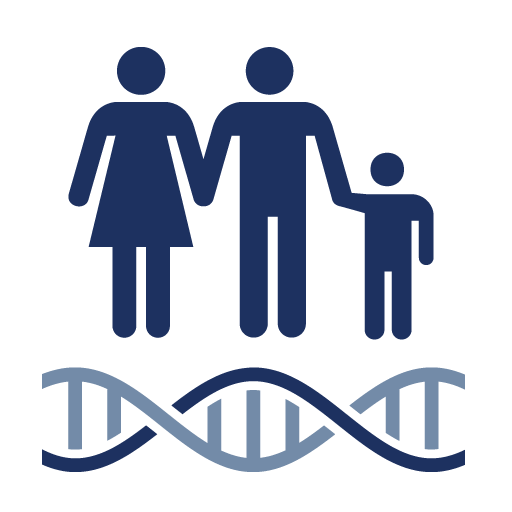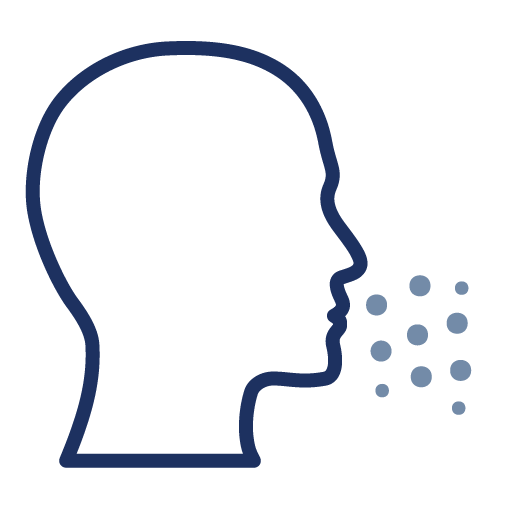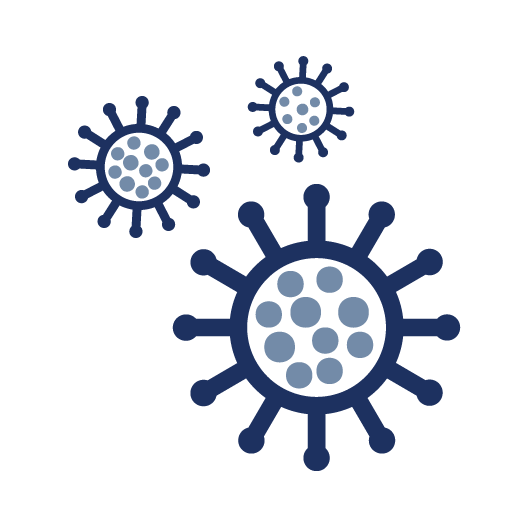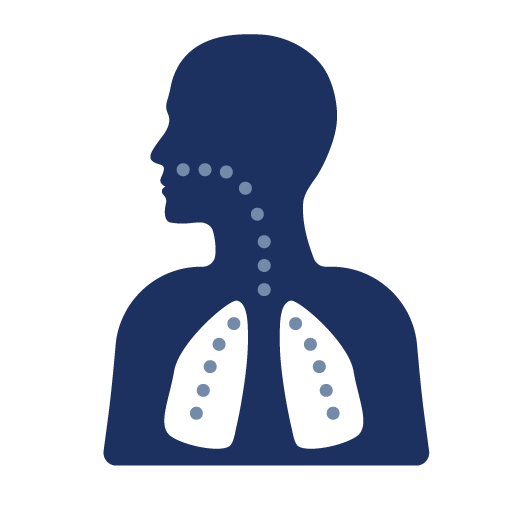What is Asthma?
Asthma is a chronic, but common, lung condition that impacts people of all ages. Asthma inflames and narrows the airways. This causes recurrent episodes of wheezing, shortness of breath, chest tightness and coughing.
Swollen and inflamed airways make it difficult for air to move in and out of the lungs. The surrounding muscles can also constrict, causing further breathing difficulties. These events are asthma attacks.
What are the symptoms of Asthma?
Asthma symptoms include:
- Tightness or pain in the chest
- Shortness of Breath
- Coughing
- Wheezing
What triggers Asthma symptoms?
To best manage your condition, it is important to know what can trigger your symptoms to occur. Triggers include, but are not limited to:
- Physical activity
- Pollution or smog
- Allergens such as pollen, mold, dust, or danger
- Odors or fumes
- Smoke
- Stress or excitement
- Cold air or extreme changes in temperature
- Illness, such as colds and sinus infections
- Nonsteroidal anti-inflammatory drugs and nonselective betablockers
Asthma varies by person. Your triggers may not be the same as a loved one's. Please contact a medical professional if you have any questions or concerns about your condition.
What causes Asthma?
The exact cause of asthma is unknown. However, it is believed that asthma is caused by a combination of genetic and environmental factors including:
- Atopy, or an inherited tendency to develop allergies
- Parents who have asthma
- Certain respiratory infections during early childhood
- Contact with airborne allergens during early childhood
How is Asthma treated?
There is no cure for asthma. There are many medications that help manage the condition. There are medications available that provide long term and short term relief.
Long-Term Control Medicines
Long-term control medicines help prevent and control asthma symptoms. For best results, this type of medication should be used daily. There are several types of long-term control medicines:
- Inhaled corticosteroids- Prevent and reduce airway swelling and reduces mucus in the lungs.
- Inhaled long-acting beta agonists- Relax the smooth muscles around the airways. This opens the airway making it easier to breathe. These should be used in combination with an inhaled corticosteroid.
- Combination inhaled medicines- Contain and do the work of an inhaled corticosteroid and a long-acting beta agonist. A combination inhaler is a great way to get both of these medications together, if necessary.
- Biologics- Target a cell or protein within the body to prevent airway inflammation.
- Leukotriene modifiers- Reduce swelling inside of the airway and to relax smooth muscles.
- Cromolyn sodium- Prevents airways from swelling when they come into contact with an asthma trigger.
- Theophylline-Helps open the airways by relaxing the smooth muscles.
- Oral corticosteroids- Treats asthma attacks that do not respond to other medication or as long-term therapy for people with severe asthma.
Quick-Relief Medicines
-
Quick-relief medicines - Help relieve asthma symptoms when they happen. These medicines act quickly to relax tight muscles around the airways. This allows the airways to open up so air can flow through them. There are several types of quick-relief medicines:
- Short-acting beta agonists- Work quickly to relieve asthma symptoms by relaxing the smooth muscles around the airways. These are the first choice for quick relief of asthma symptoms.
- Anticholinergics- Open the airways by relaxing the smooth muscles around the airways and reduce mucus production.
- Combination quick-relief medicines- Contain both an anticholinergic and a short-acting beta agonist.
How does Noble help me manage my Asthma?
At Noble Health Services, we offer a variety of medications to help you treat your condition. We help you manage your condition through our Signature Care Program. Our program includes medication delivery, 24/7/365 on-call support, co-pay assistance and more.
For more information on what asthma medications we offer, please view the asthma enrollment form.
For more information about Asthma, contact one the resources listed below:
- Asthma and Allergy Foundation of America
Phone: 800-727-8462
aafa.org - American Lung Association
Phone: 800-586-4872
lung.org
Interested in what Noble Health Services can offer you?
Learn More!



